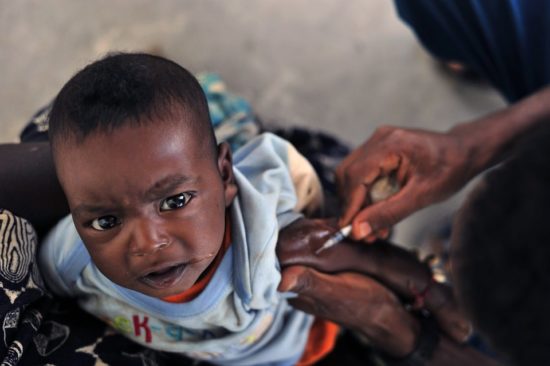Antibiotics for childhood meningitis and sepsis are increasingly ineffective
Data from southeast Asia and the Pacific highlight the growing threat posed by antibiotic-resistant bacteria.
Several antibiotics recommended to treat serious childhood bacterial infections are now less than 50% effective in areas of southeast Asia and the Pacific, data suggests.
The finding adds to mounting evidence about the scale of antimicrobial resistance (AMR) and suggests that global guidelines on antibiotic use may need to be updated.
Antibiotics are the mainstay of treatment for life-threatening sepsis and meningitis in newborn infants and children. However, the detection of high levels of resistance to some of these drugs is a considerable worry – particularly in lower income settings where access to alternative antibiotics is limited.
AMR NEWS
Your Biweekly Source for Global AMR Insights!
Stay informed with the essential newsletter that brings together all the latest One Health news on antimicrobial resistance. Delivered straight to your inbox every two weeks, AMR NEWS provides a curated selection of international insights, key publications, and the latest updates in the fight against AMR.
Don’t miss out on staying ahead in the global AMR movement—subscribe now!







